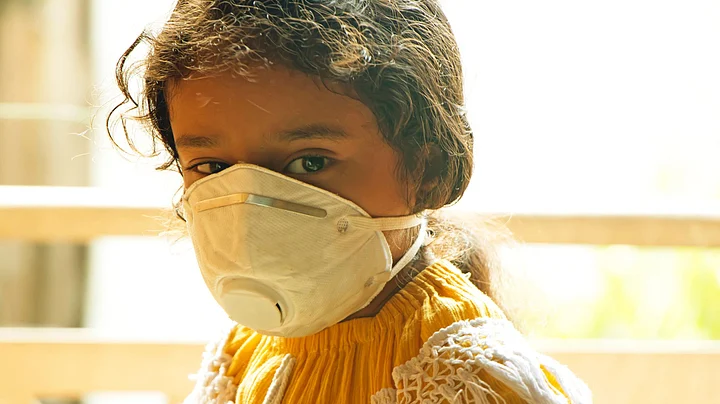Of the 260 cases of COVID-19 that have been recorded in Karnataka as of 14 April, 20 of them are children under the age of 14. None of these minors have any history of travel abroad but tested positive after interaction with a patient or acarrier.
Cases of children with COVID-19 have been reported from nearly every district including Bengaluru, Dharwad, Dakshina Kannada, Mysuru and Ballari, among others. With all four deaths in the state so far being of senior citizens and those with co-morbid conditions like diabetes, hypertension and other allied lifestyle diseases, the prevailing belief used to be that this virus attacks the old and vulnerable.
Doctors have consistently maintained that children are not automatically vulnerable, but COVID-19 affects children differently than it does adults.
According to a report in BBC, overall global trends seem to suggest children are less likely to be infected than adults, especially older adults but attributed this to fewer children being tested overall.
“It is a remarkable observation, in the global literature that we have for coronavirus already, that even children with very serious medical conditions, who are on immunosuppressive therapies or on cancer treatments, are much less affected than adults, especially older adults,” Andrew Pollard, head of the Oxford Vaccine Group was quoted as saying.
To find out more about how the virus affects children and the difference in the treatment methods, The Quint spoke to a government doctor in charge of a district and a senior critical care specialist.
‘Hard to Keep Children Away From Their Families’
Dr Ramachandra Bayari, District Health and Family Welfare Officer for Dakshina Kannada, that had reported the curious case of an infant to be the only one in the family to test positive for coronavirus, said that the infant had been kept alongside the mother in the hospital isolation ward.
“It is not always possible to separate the child and the mother. Younger kids, especially under 10 years of age, are extremely attached and only feel comfortable with their parents. With the 10-month-old also, the mother and child were together. We advise the mother to be extra cautious and sanitize. In this case, the mother remained virus-free,” he said.
He also added that it was possible that virulence of the virus might have reduced thus also reducing the risk of transmission.
“Social distancing is hard to enforce with younger children. They might not always listen, so it important for their family to be extra cautious. The family become the best means to help ensure isolation.”Dr Ramachandra Bayari
‘Kids Get Milder Case of COVID-19, But That is a Cause of Worry’
Dr Sumit Ray, a critical care specialist in Delhi said that it was a myth that children could not contract the virus.
“It is not at all true that children don’t get coronavirus. They just get a milder version of it with less severe symptoms which increases chances of the virus spreading as they might not realise the dangers of it immediately. The percentage of serious cases of coronavirus in children is low."
Dr Ray added that this was the reason that schools and colleges were the first to be shut in the event of a pandemic.
(At The Quint, we question everything. Play an active role in shaping our journalism by becoming a member today.)
